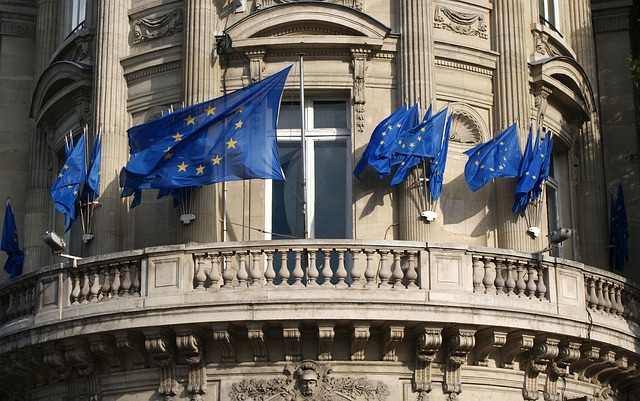The rapidly evolving domain of extended reality (XR), encompassing augmented, virtual, and mixed reality technologies, is poised to ignite a significant employment boom in Europe. According to the European Commission, an astounding 860,000 new jobs are projected to be created by 2025, driven by the XR tech revolution and its implications for various sectors.
Extended reality represents the technological frontier leading the way into virtual worlds, offering limitless opportunities for individuals and businesses. With the potential to profoundly shape the era of Web 4.0, the European Union (EU) is determined to establish itself as a global contender in this future-oriented realm.
Recognizing the immense employment potential, the Commission anticipates a ripple effect of the XR industry across various sectors, suggesting that it could indirectly foster between 1.2 to 2.4 million additional jobs.
However, the Commission acknowledges a significant concern: Europe's technological innovation in the Metaverse—a collective virtual shared space—currently lags behind powerhouses like the United States, China, and South Korea, primarily due to the absence of local tech giants to drive investment.
While the current AR/VR market in Europe is largely focused on entertainment, gaming, and media, the Commission emphasizes the untapped potential in sectors such as retail, healthcare, military and defense, and manufacturing.
Beyond its economic implications, the emergence of XR is seen as a crucial element in propelling the next evolution of the internet—Web 4.0. Virtual environments that blend digital and physical realities are poised to transform everyday life and expand the horizons for business and industrial opportunities.
The European Commission cites compelling examples of potential XR applications, including virtual worlds for complex surgical training, "digital twins" for the preservation of cultural heritage sites, and 3D models to address climate change.
In a strategic blueprint presented to the European Parliament, the Commission outlines its ambition to lead the Web 4.0 and Metaverse revolution. The ten-step plan includes attracting XR talent, fostering innovation through regulatory sandboxes, and establishing global standards for a cohesive Metaverse.







